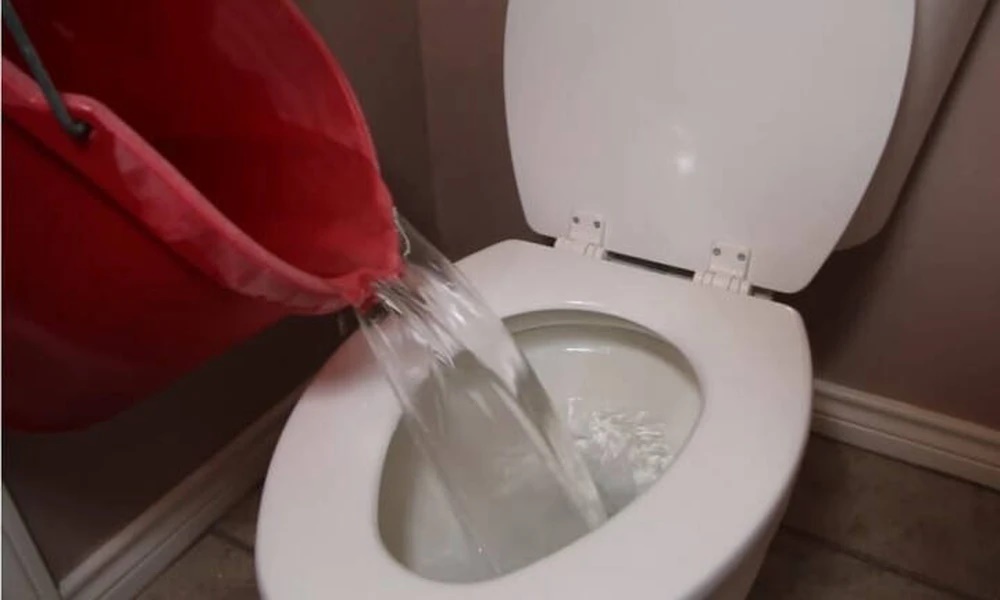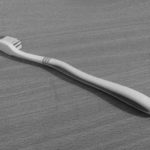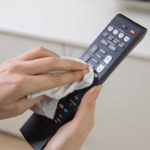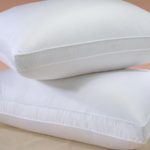Household wastewater from daily life will usually be treated how? Where to pour? Most users, when asked, answered that they would pour it into the toilet. This is considered to be very reasonable, the wastewater is treated while the toilet is flushed clean. However, in reality, pouring wastewater into the toilet is actually an action that should not be done.
Here are 4 implications, but also the reasons why users think, change the habit of pouring wastewater into the toilet.
 1. Wastewater can cause sewer blockage
1. Wastewater can cause sewer blockage
The first reason given is that household wastewater poured into the toilet can cause clogged sewers. Household wastewater can contain many impurities, different dirt. They can come from food, large in size, in large quantities, from which they may not be able to completely escape through the pipes under the toilet, thereby causing poor water flow or even complete blockage.
2. Wastewater can cause bacteria to spread throughout the toilet
Wastewater is inherently not clean, so it certainly contains a large amount of bacteria and viruses. When pouring wastewater into the toilet, these bacteria and viruses are likely to spread to the surrounding area of the toilet, or even the entire toilet area, and the air. From there, the unpleasant smell can also appear, affecting the users.
The dirt in the wastewater over time will also stain the white enamel of the toilet, making the toilet look dirtier, older, affecting aesthetics.

Pouring wastewater into the toilet can cause bacteria to spread, the toilet has a musty smell and yellow stains (Illustrative image)
3. Wastewater damages the toilet’s drainage system
More seriously than sewer clogs, toilet clogs, poured wastewater still has the potential to damage the drainage system. Some harmful substances in wastewater will tear, break, and accumulate for a long time, causing erosion of the drainage system.
At this point, users will need to spend a certain cost to check and repair the drainage system under the toilet.
4. Pouring wastewater has weak force, low efficiency
Many families share that they pour wastewater into the toilet to save water, making use of wastewater to clean the toilet partly. However, in reality, according to expert assessments, this is actually an inefficient action, even ineffective. The force of pouring water from a person cannot be as strong as the force of water being directly discharged from the system, so the wastewater will not be able to handle other impurities under the toilet.
For the above reasons, it is better for users not to pour wastewater into the toilet for a long time. Household wastewater when available should be treated with specialized drainage pipes.
According to Phụ nữ mới
8 Common Mistakes People Make with Cutting Boards
Are you using your cutting board correctly? Many Vietnamese households rely on cutting boards in their kitchen, but not everyone knows how to use them properly, especially when it comes to wooden cutting boards. Check out these 8 mistakes to avoid when using a cutting board to ensure both hygiene and safety for everyone in your family.



































